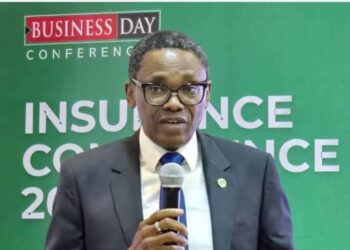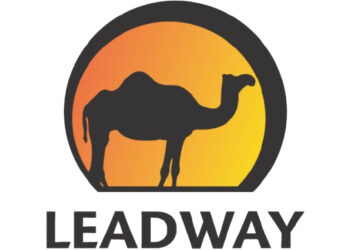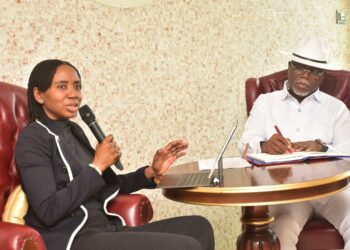Uninsured risks vary from country to country. Developed countries are included in roll of countries with climbing statistics. The dwelling place of uninsured economic losses in developed economies arise from from natural disasters and man made losses. Developing economies are the major hub of uninsured risks. Insurance industry covered 45% of global economic losses in 2020 which is above the ten-year average of 37%.
Global economic losses from natural disasters and man made disasters in the first-half of 2020 stood at $75bn , according to Swiss Re Institute. The figure was higher than the $57bn for the same period a year earlier, but well below the average of first-half economic losses of the previous 10 years ($112 bn). Of the economic losses around 40% ($31 bn) were covered by insurance up from $23 bn a year earlier. In the previous 10 years, first-half claims averaged $36 bn annually.
In Nigeria, a big chunk of risks are uninsured and economic losses from natural disasters and manmade disasters are almost virtually uninsured. When these occur especially floods, the government at all tiers, especially at the federal level, are looked up to for succour which is more often the rule.
As it relates to Nigeria, the managing consultant of an enterprise risk management firm, Danslei Nigeria Limited, Dr. Uzoma Ofurum, said not all risks are insurable. “The options open to insurance companies to accept and provide coverages for the insurable risks are many, top of which are education, technology, media, product development and innovation.”
He indirectly explains why uninsured risks would mount high. “Our local insurance industry have done little to grow the market since the Europeans that brought this insurance concept left our shores. All the products in the market today were brought in by them, yet every culture and tribe in Nigeria have an established ancient practice of managing their communities. What stops insurance managers from looking at this angle and coming up with innovative approaches for conversion?”
Ofurum said changing times and demographics mean the need for insurance has changed so much and the buying pattern altered per second. He asks, “Are the insurance companies evolving along these lines, changes in consumers behaviour? Not so.” Conversely he says, “When the knowledge of the consumers in reference to the insurance products and concepts, and the financial risks and protection is increased, the consumers can make the correct choices and take up more insurance coverages.”
Harping on the road not taken to bring insurance to the people and businesses, Ofurum a specialist enterprise risk management, said the fact that Nigerian insurers are well trained is not in dispute, “but the insurance industry has failed completely in educating the general public on insurance. The public do not know that if you give just the sum of N1.00 to an insurance company for a risk, in a given period, that the insurance company would give back N1000.00 when the risk crystallise within the agreed period. No other business offers such huge leverage for its consumers. Yet, insurance is top on the list of mistrusted entities .” According to him, its “ridiculous” to accept that insurance offers such service and people are unaware.
He advised the insurance industry to embrace the media and adopt media budget as an investment rather than miscellaneous. Capping the industry as the maiden of commerce, he said: “This is an industry that has done so much for the economy of this nation and for other businesses and individuals, yet they are not in the minds of the public.”
He said the industry should project cures rather than palliatives for attitude change by dominant public and media presence and also in the reserved group of policy makers, that way insurance perception will change tremendously. He cites the third party motor insurance that a driver sees as mere paper to avoid police arrest because “he is not aware of the real purpose of the document he drives around with.”
He recalled what happened to many businesses during the EndSARS protests of 2020. “Many didn’t have insurance and had to close down after their business premises were vandalised. But those that insured have their claims paid and have rebuilt their businesses.”
He encourages insurance professionals to talk insurance to the public through various channels and platforms and not to themselves, he said keeping to the old format talking to themselves has made knowledge remain ensconced with the professionals. However, he said the more they talk to the public the more they help people make a better choice in risks management and transfers.
Besides, Ofurum said the CEOs should hire professional PR and perception managers to work outside the employees payroll and job description. “If they do that, the positive impact on insurance businesses will be seen within a short time.” Other fonts that will change the insurance story he said are, investment in digital platforms that work with artificial intelligence, big data, Internet of Things, blockchain to offer end to end transactions and service through the insurance value chains, including payment of claims that don’t require forensic tests. “These would increase access to remote areas and electronic wallets.”
To grow to 5% penetration within short space of time, he said insurance business models of today need to upgrade. “The carrier should upgrade, the broker should upgrade.” The agency model which he scored as outdated need to refresh to make impact.








































